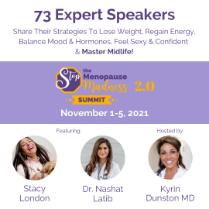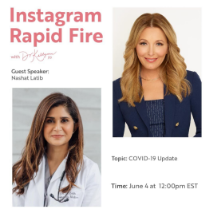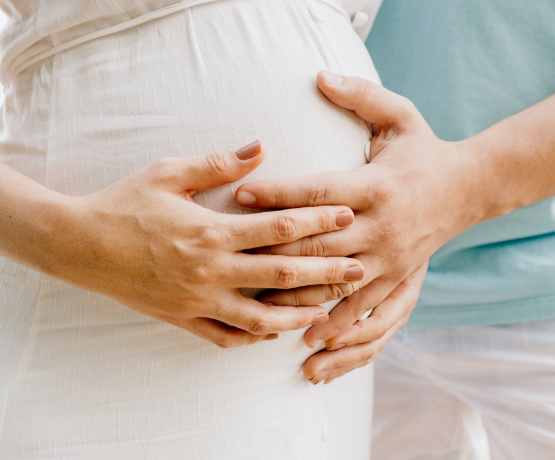What Functional Medicine Has To Say
Struggling with infertility is exhausting and disheartening for couples.
After many failed cycles, the question arises – should we keep attempting natural conception or consider high-tech options like in vitro fertilization (IVF) or intrauterine insemination (IUI treatments)?
This complex dilemma involves scientific, emotional, and financial considerations best explored from an integrative lens. As a functional medicine fertility specialist, I offer a perspective that helps couples make this deeply personal decision aligned with their beliefs and unique, specific circumstances.
The Case for Natural Conception
Ideally, fertility happens naturally within our bodies’ innate biological wisdom – healthy levels of the delicate hormones moving in their predestined rhythm to produce and nourish new life. Natural conception allows this process to unfold without intervention.
Many couples strongly prefer a natural pregnancy, whether for financial, cultural, medical, or personal reasons. And when it doesn’t happen as easily as they expect (or even at all), it can be disheartening, frustrating, and even detrimental.
While natural conception seems straightforward, functional medicine recognizes that lifestyle choices, environmental toxins, chronic stress, infections, and nutrition imbalances can disrupt delicate fertility pathways. By addressing these root causes, we can optimize the soil from which new life springs forth. The body has tremendous potential to heal itself, given the right environment.
When IVF May Be Necessary
Assisted reproductive technologies (ART) like IVF are sometimes necessary and can successfully assist conception. But they’re often confusing and overwhelming to clients. That’s why demystifying IVF and IUI is a critical first step in the decision-making process
According to estimates from the Centers for Disease Control and Prevention (CDC), over 2% of all infants born in the United States every year are conceived using assisted reproductive technology. In 2019, ART contributed to over 78,000 live births, representing over 2.1% of U.S. births that year.
However, ART is still an incomplete substitute for the biological environment of the female reproductive tract. Studies show IVF does have more risks of complications during pregnancy and for the future health of children conceived artificially outside the body—for example, multiple births, low birth weight, prematurity, congenital disabilities, and long-term chronic diseases. These increased risks are because IVF bypasses critical immunological and physiological processes in natural fertilization.
The emotional tolls of repeated treatment failures combined with prohibitive costs can also be disheartening—even traumatic—for couples. Multiple cycles may still be needed to achieve parenthood via IVF. The invasive ovarian stimulation and egg retrieval procedures are taxing on women. From a functional medicine perspective, fully optimizing one’s fertility first rather than rushing prematurely into IVF yields better outcomes either way.
How You Can Improve Your Chances of Natural Conception
The good news is that even if you’ve struggled to conceive naturally, there is still hope! There are simple ways to maximize your fertility naturally to increase your chances of getting pregnant on your own.
From a functional health view, I methodically pinpoint subtle root causes of infertility hiding in plain sight that routine testing overlooks – nutrient deficiencies, chronic infections, internal and external toxins, stealth endometriosis, food sensitivities, hormone irregularities, and autoimmunity.
By addressing these imbalances through tailored lifestyle, dietary, nutraceutical, and botanical protocols, we heal your body’s ecology at a cellular level. As fertility obstacles lift, many couples are astonished that the seemingly “unexplained” inability to achieve pregnancy disappears.
Weighing Your Options
The choice between natural cycles versus IVF or IUI treatments is profoundly nuanced and personal. One of the first steps I do with my clients is to complete a comprehensive round of male fertility labs and female fertility labs. This information shows us the lay of the land and guides us through the systematic shifts we want each partner to take. Depending on factors such as the results we get back, the couple’s unique history, and past attempts at conception, assisted reproductive technologies may offer the greatest chance of success.
That said, in my practice, I’ve been able to achieve an 80% success rate for couples who have consistently struggled with unexplained infertility.
There is no one-size-fits-all approach to natural conception. There’s no magic pill or quick fix. However, solutions ARE often more straightforward than people expect.
We coax the body ecology back into harmony by meticulously uncovering and resolving these underlying factors with evidence-based protocols. Cellular integrity strengthens, setting the stage for natural miracles once deemed impossible. Even if IVF is warranted later, a fortified intrauterine terrain leads to higher implantation and live birth success.
Conclusion
Before jumping straight into IVF or IUI treatments, my advice is to fully explore and optimize the potential for natural fertility first in a safe, supportive environment. Be patient with your body, nurturing it slowly back to health rather than forcing outcomes.
If, ultimately, IVF treatment is needed, you can move forward without self-judgment, knowing you did everything you could to restore your body’s optimal reproduction function.
As with all complex health decisions, being fully informed is essential. A compassionate functional fertility specialist can help illuminate your choices. With openness and understanding on both sides, we can map out an aligned, personalized roadmap that is proven, safe, and medically sound.
Take heart knowing that your body has tremendous potential to heal itself and unlock your natural fertility abilities. Your mindset and beliefs play an active role in your eventual success.








